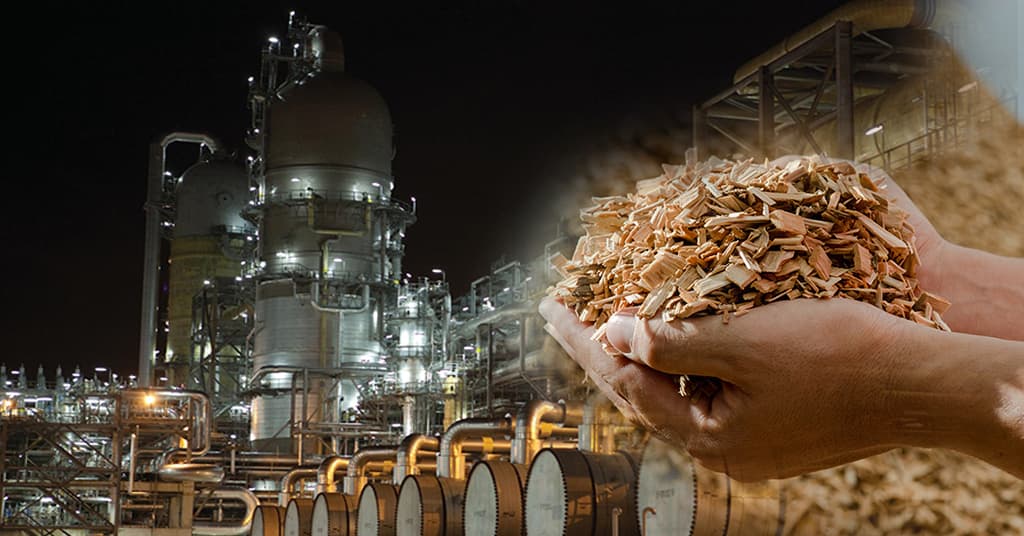Welcome To ChemAnalyst

The European Union's commitment to cease importing Russian crude may be waning. According to industry analysts, the continent's oil refineries imported 1.84 million barrels of petroleum per day from Russia last week. This was the third week in a row that flowed from Russia to Europe, including Turkey. This is the highest level of oil flow in nearly two months.
The surge primarily started from Litasco SA, Russia's largest oil producer's trading subsidiary, transporting barrels to the company's refineries and partly from Turkey. Lukoil operates three refineries in Europe: one in Italy, one in Romania, and one in Bulgaria, and it continues to increase its purchases of Russian crude oil. While the rest of Europe may not be increasing their purchases of Russian crude oil, the declines have slowed considerably.
According to the latest developments, countries, and corporations that had previously stated that they would not be purchasing from Russia and had turned their backs on the market have now made way for others who are eager to do so. Russian oil prices have tumbled due to the embargo imposed by the countries as a result of the war between Russia and Ukraine. According to the report, India and China continue to be the top purchasers of Russian crude.
The European Union agreed to impose a 90 percent ban on all Russian oil imports by the end of the year, but the insurance ban is possibly the most damaging component of its attempt to hit Russia where it hurts—through its oil profits. EU businesses will not be permitted to insure or fund the sea transit of Russian crude oil to other nations under the prohibition, which the UK has also signed. According to analysts, this would severely limit Russia's capacity to export crude oil anywhere in the world. Russia, on the other hand, has also said it would give a state guarantee under its trade agreements with other countries, effectively shielding itself from any ban imposed by the EU and the UK.
We use cookies to deliver the best possible experience on our website. To learn more, visit our Privacy Policy. By continuing to use this site or by closing this box, you consent to our use of cookies. More info.
